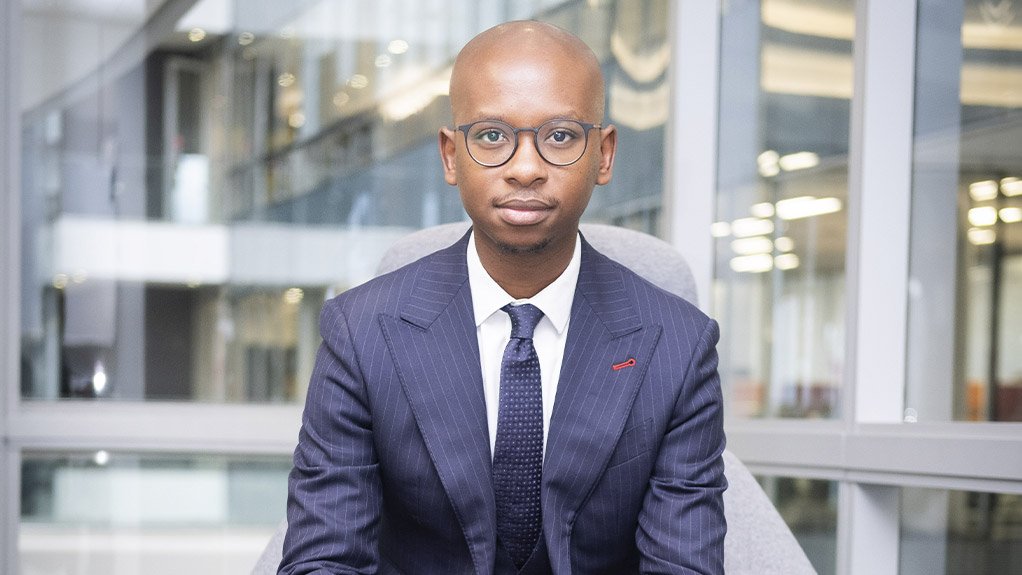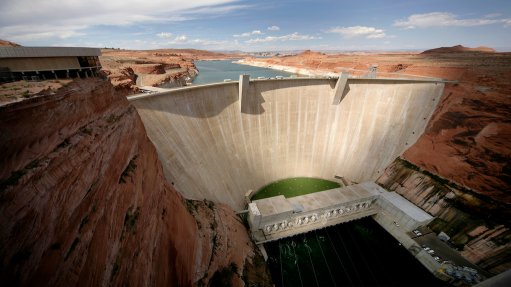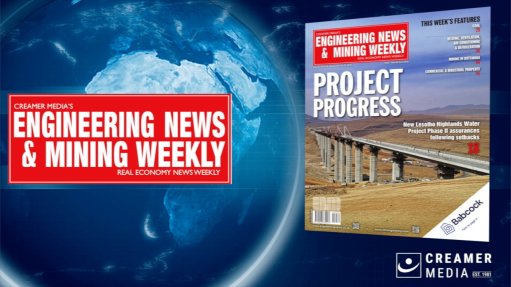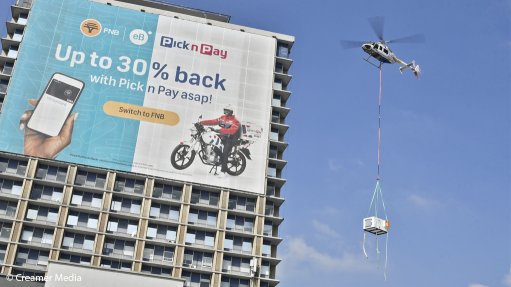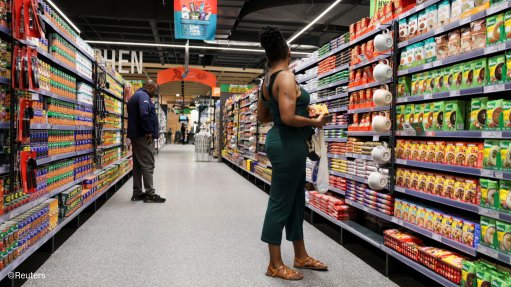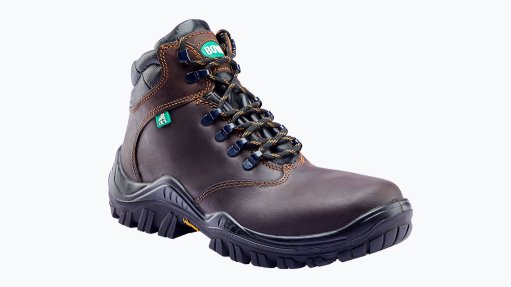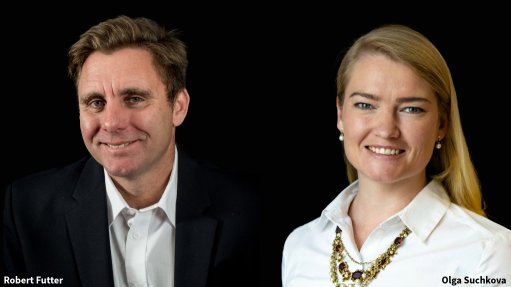The promise and perils of carbon offset markets for Africa
This article has been supplied.
By Msizi Khoza, Managing Executive for Environment, Social and Governance (ESG) at Absa Corporate and Investment Banking
A prominent undercurrent of the recent Climate Week in New York was the apparent push-back against the use of carbon credits as an effective tool in the fight against climate change.
Amid the debate, the European Union recently announced plans to ban “climate neutral” claims by 2026. However, the rapid growth of the global carbon market gives African nations a new opportunity to bolster their public finances and advance their development. But to make the most of it, regulators, verification agencies and corporates must ensure the continent positions itself as a provider of only high-quality carbon credits.
Carbon markets are considered a key tool in the fight against climate change. They work by allowing companies to compensate for their greenhouse gas emissions by purchasing carbon credits linked to projects that reduce, avoid, or capture emissions.
In doing so, the purchasers of credits mobilise funding for clean energy, conservation, carbon capture facilities, and climate change adaptation measures, among other critical projects.
For Africa, this brings an opportunity to monetise the continent’s abundant natural capital on a scale never seen before.
The continent is rich in biodiversity, ‘carbon sinks’ such as the rainforests of the Congo Basin, and solar and wind energy potential. Those assets now carry real financial weight.
And this opportunity comes at a critical moment. A large share of African states face looming fiscal crises, partly due to the surge in interest rates and general risk-off sentiment in global financial markets since the start of 2022.
Sovereign issuers have struggled to access foreign capital – but carbon markets could help change that.
Importantly, the nations most in need of a funding boost are those with the highest rates of energy poverty.
According to the International Energy Agency (IEA), 600 million Africans, or 43% of the continent’s population, still lack access to electricity. Achieving universal access to modern energy would require investments of $25 billion per year, the agency says.
This is in addition to the substantial need for investments in climate change adaptation projects and biodiversity management. In short, there’s a clear need for new sources of capital.
Some African countries have already made successful forays into carbon markets. Communities in Tanzania, for instance, have benefited from carbon credit revenues linked to forest conservation programmes.
Other innovative financing mechanisms have also come to the fore. As an example, Gabon recently closed a $500 million debt-for-nature swap, whereby it improved its fiscal position while locking in funds for marine conservation.
But the continent’s carbon market funding streams remain small compared to where they could be, particularly as appetite for offsets surges.
According to Morgan Stanley, the voluntary carbon-offset market is expected to grow from $2 billion in 2020 to $100 billion by 2030.
If Africa corners a quarter of the global market, that implies $25 billion in annual offset revenues by 2030.
To do this, however, the continent will need to learn from the many mistakes made in other markets.
Scepticism towards carbon offsets is growing after several studies found that a large share of projects exaggerate their benefits, and are in fact doing little to tackle climate change. For instance, credits linked to efforts to prevent deforestation often change nothing on the ground.
This has led to embarrassing ‘greenwashing’ allegations against the buyers of such credits – big corporates.
To avoid this outcome, Africa will need to build a highly credible offsets market, with robust standards and rigorous oversight.
Corporates will need to play their part by only backing projects that deliver additional emissions reduction benefits, while also benefiting local communities.
When approaching these transactions, the onus is on corporates to ensure that the quality of the credits they are buying is beyond reproach.
Scale will also be important. In our interactions with the industry, it is evident that many offset projects are relatively small in scope, which can make them uneconomical considering the costs of registering them and measuring their progress.
As such, it may be necessary to aggregate smaller projects to ensure economies of scale and cost efficiencies.
Further, there is a need to ensure the market is easy to understand and navigate, with a uniform set of standards.
If Africa succeeds in positioning itself as the world’s premier supplier of carbon offset projects, this could substantially enhance Africa’s development for current and future generations.
The starting point should be to ensure the integrity of all projects.
Comments
Press Office
Announcements
What's On
Subscribe to improve your user experience...
Option 1 (equivalent of R125 a month):
Receive a weekly copy of Creamer Media's Engineering News & Mining Weekly magazine
(print copy for those in South Africa and e-magazine for those outside of South Africa)
Receive daily email newsletters
Access to full search results
Access archive of magazine back copies
Access to Projects in Progress
Access to ONE Research Report of your choice in PDF format
Option 2 (equivalent of R375 a month):
All benefits from Option 1
PLUS
Access to Creamer Media's Research Channel Africa for ALL Research Reports, in PDF format, on various industrial and mining sectors
including Electricity; Water; Energy Transition; Hydrogen; Roads, Rail and Ports; Coal; Gold; Platinum; Battery Metals; etc.
Already a subscriber?
Forgotten your password?
Receive weekly copy of Creamer Media's Engineering News & Mining Weekly magazine (print copy for those in South Africa and e-magazine for those outside of South Africa)
➕
Recieve daily email newsletters
➕
Access to full search results
➕
Access archive of magazine back copies
➕
Access to Projects in Progress
➕
Access to ONE Research Report of your choice in PDF format
RESEARCH CHANNEL AFRICA
R4500 (equivalent of R375 a month)
SUBSCRIBEAll benefits from Option 1
➕
Access to Creamer Media's Research Channel Africa for ALL Research Reports on various industrial and mining sectors, in PDF format, including on:
Electricity
➕
Water
➕
Energy Transition
➕
Hydrogen
➕
Roads, Rail and Ports
➕
Coal
➕
Gold
➕
Platinum
➕
Battery Metals
➕
etc.
Receive all benefits from Option 1 or Option 2 delivered to numerous people at your company
➕
Multiple User names and Passwords for simultaneous log-ins
➕
Intranet integration access to all in your organisation



